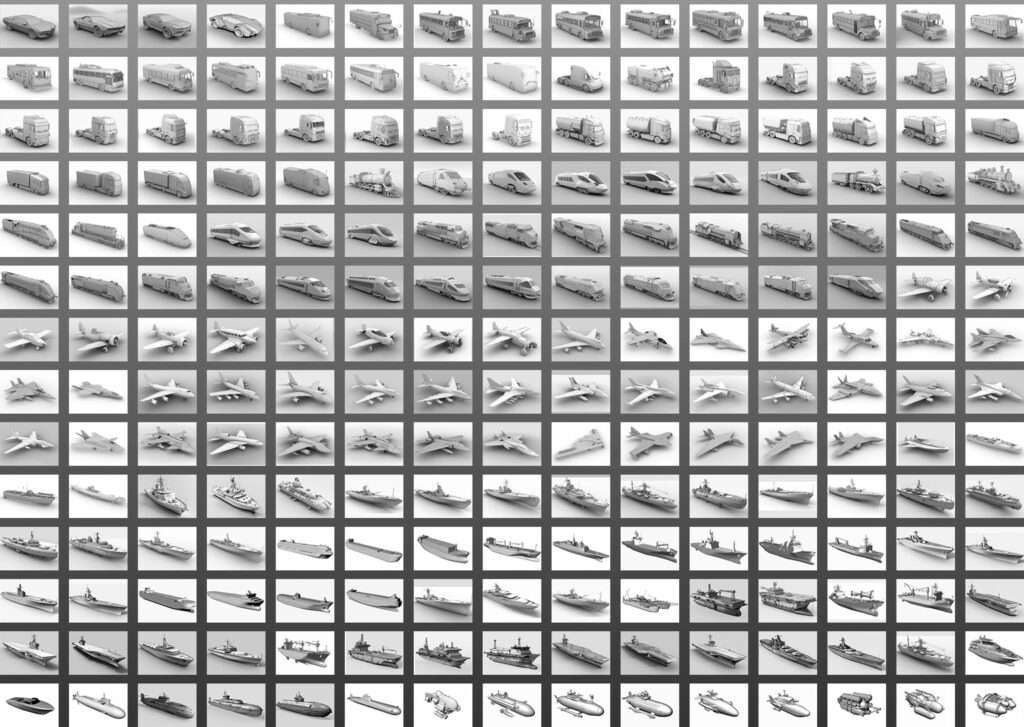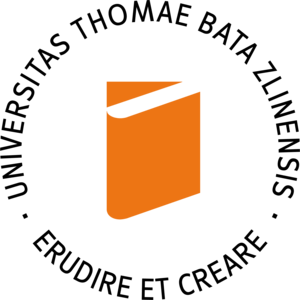
This project is featured as part of the D5 Digital Design Week: AI & Sustainability. To learn more, click here.
The Design Depths exhibition, presented by the Industrial Design Studio at the Faculty of Multimedia Communications (FMK), Tomas Bata University in Zlín, took place in October 2024. This innovative project offered a bold, experimental approach to visualizing complex relationships between objects. Building on the experiences of the ModificAI project showcased at Bratislava Design Week 2023, the exhibition explored connections across various design fields—furniture, consumer goods, automotive design—and how these relationships unfolded on multiple levels.
Led by MgA. Jakub Hrdina, Ph.D., and Ing. Stepan Dlabaja, Ph.D., whose expertise in industrial design and understanding of object relationships drove the project’s success, Design Depths emphasized the intricate connections industrial designers navigate, from form and function to psychological, economic, and social factors influencing the design process.
At the core of Design Depths was a response to this year’s central theme: relationships. The exhibition explored this theme unexpectedly, bringing together various design objects and revealing hidden connections between them. From form to function, the psychological impact of design, and economic considerations, Design Depths highlighted how industrial designers must constantly balance multiple, sometimes conflicting, criteria in their work.

For the Industrial Design Studio at FMK UTB, these relationships were not merely theoretical but formed the foundation of practical, real-world design. The studio has long prioritized collaborations with leading Czech and international companies, which has resulted in numerous accolades in global competitions. With Design Depths, the studio aimed to push these relationships further, embracing cutting-edge technologies, particularly artificial intelligence.
A standout element of the exhibition was the DeepMDF experiment, which incorporated machine learning into the design process in a different way. Building on the ModificAI project, DeepMDF explored latent space—the relationships between objects that are not immediately visible to the human eye. Using machine learning, DeepMDF uncovered hidden connections, revealing how seemingly unrelated design elements interacted on a deeper level.
This exploration of latent space provided a fresh perspective on industrial design, challenging traditional notions of object relationships and showing how new technologies can expand creative boundaries. The project illustrated that the industrial designer’s role extends beyond creating aesthetically pleasing products; it is about uncovering and understanding the intricate web of relationships that make products functional, impactful, and successful.
The Design Depths project invited visitors to reconsider the connections between the objects around them and view design as a dynamic field. As the Industrial Design Studio at FMK UTB continues to innovate, Design Depths served as both a reflection of the studio’s past successes and a glimpse into the future of design.

Tomas Bata University is ranked among the top 10% of universities worldwide according to QS and THE rankings. With over 9,500 students, TBU is home to a large international student body, accounting for more than 12% of its total enrollment.
Photos courtesy of MgA. Jakub Hrdina, Ph.D., Ing. Stepan Dlabaja, Ph.D.








